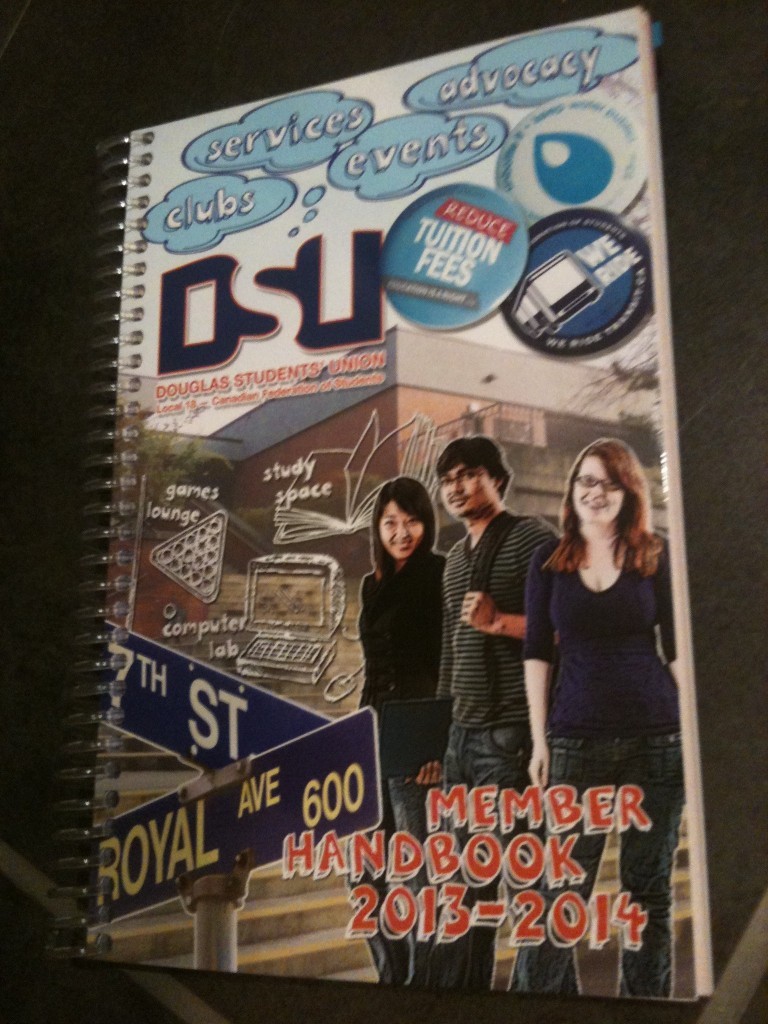The yeas and nays of gluten
By Julia Siedlanowska, Staff Writer
It seems increasingly that talking about someone’s diet is like talking about their religion; it’s personal, it’s sensitive, and it’s often secretly ridiculed. Growing up in a meat-eating family, jokes about vegetarians were prevalent, especially from my grandparents. “She’s one of those,” they would say, rolling their eyes. One relative who went on a raw food diet received similar criticism. But with increasing awareness about the benefits of such diets, it seems they have won a certain kind of acceptance. Now the gluten-free trend is undergoing a similar emancipation.
With acceptance comes backlash. Lately people who choose to restrict gluten from their diet seem to be getting a lot of negative attention. The mere fact that gluten-free is referred to as a “trend” reveals some derision, and the recent Jimmy Kimmel skit on gluten isn’t helping. In May, Kimmel questioned the validity of the war on gluten, saying that “in LA [gluten is] comparable to Satanism.” He asked four pedestrians who maintain a gluten-free diet the simple question: “What is gluten?” After none of them could answer, the joke was on them—and many of the other people on a gluten-free diet.
Just in case Kimmel catches you off guard on your next trip to LA, gluten is defined as “a substance present in cereal grains—especially wheat—that is responsible for the elastic texture of dough.” Gluten is harmful to people with celiac disease, a condition that causes a damaging response in the intestines of those afflicted, preventing their bodies from absorbing vital nutrients.
I’m almost certain that Kimmel had no intention of offending people with celiac disease, or other gluten intolerants; however, popular bloggers such as Gluten Dude felt Kimmel’s skit was damaging. While I honestly thought it was hilarious, I soon realized that my patience for people with gluten-intolerance had decreased. I found myself dismissing and judging people who asked about gluten-free options, as if their problems weren’t real. This was an unfair reaction on my part, because while many people who eat gluten-free aren’t diagnosed celiac, they may have wheat-allergies or -sensitivities that cause symptoms such as fatigue, joint pain, and diarrhea. Although it can be tricky to diagnose, dismissing the problem isn’t going to help anyone gain awareness.
It’s true that people should study their diet choices, and it’s always safer to be knowledgeable in case of late night talkshow ambushes, but people shouldn’t need to explain themselves. A person who hops onto a trend without understanding it can be annoying and can misrepresent the many other people in the group, but this only illuminates the greater problem: a lack of education. Kimmel, in addition to offending a lot of people suffering from celiac disease and gluten- or wheat-intolerances, pointed out a lack of knowledge. I was inspired to do my own research, and was happy to find that many people actually have been gluten-free long before the so-called “gluten-free trend.” This is a real problem, and the only thing that discredits it is a lack of research from people jumping on the bandwagon.

